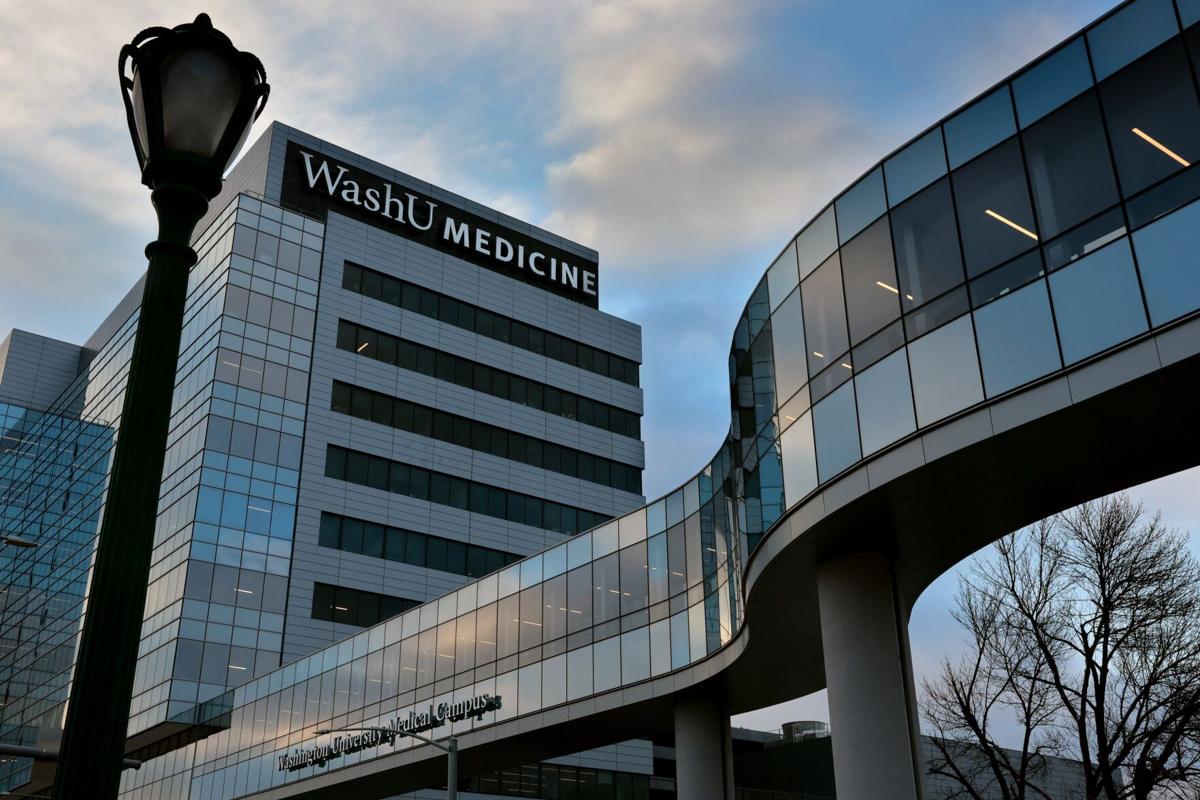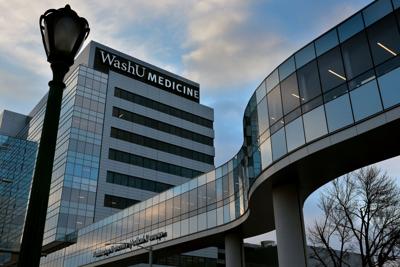Universities across the country have been under attack in recent months, especially those that are research-intensive. Federal funding sources have been slashed, dramatic increases have been proposed in the endowment tax, and significant restrictions on international students enrolling in American colleges have been put in place.
Confidence in higher education has also been falling. According to Gallup polling, in 2015, 57% of Americans expressed a great deal of confidence in higher education. By 2024 that number had dropped to 36%.
Yet overlooked in these attacks and loss of confidence is the incredible amount of groundbreaking research that has come out of American universities over the past 75 years. These accomplishments have fundamentally changed and improved our lives in a multitude of ways.
Let me share my experiences as a professor at one university. Since 1985 I have been a member of the Washington University in ӣ����Ƶ faculty. During these 40 years I have witnessed an amazing array of research and knowledge that has been produced by my colleagues. I could easily point to dozens of landmark accomplishments, but let me mention just four in order to illustrate the significance and breadth of this research.
People are also reading…
Called “the most important biomedical research undertaking of the 20th century,” the Human Genome Project decoded and provided the initial sequencing of the human genome. Although many scientists from around the world were involved in this undertaking, much of the key work was conducted by Robert Waterston and his team at Washington University.
The sequencing of the human genome has provided us with an important launching point for better understanding and solving many of the conditions that plague humanity, including cancer, heart disease, and aging. As President Bill Clinton said from the White House in 2000, “With this profound new knowledge, humankind is on the verge of gaining immense, new power to heal.”
Going to Mars has been another long-time dream of humanity. Washington University has been at the forefront of the exploration of the red planet through the work of Ray Arvidson and his team. A major scientific accomplishment has been the landing of rovers on the surface of Mars to explore and report back to Earth. Arvidson and colleagues have been instrumental in the planning and guiding of these rover missions, including Spirit, Opportunity, Curiosity, and Perseverance. With the current goal to launch a manned expedition to Mars in the next decade, the work of these Washington University scientists will help to lead the way.
The WashU Medical School has also provided untold advances in restoring the health and well-being of our fellow citizens. To take but two examples, the benchmark in detecting prostate cancer in men, the PSA blood test, was developed at the university in the 1980s. More recently, medical researchers are on the verge of making available a blood test that can detect the early onset of Alzheimer’s disease. Both of these tests provide the opportunity for patients to more effectively address their health conditions.
Finally, groundbreaking work has taken place at the university with respect to better understanding the nature and extent of economic hardship in the United States. In reflecting on my own research within the School of Social Work, it has revealed that the vast majority of Americans at some point in their lives will experience at least one year in poverty, two thirds will use a social safety net program, and four fifths will encounter significant economic insecurity.
A first-of-its-kind online poverty risk calculator has also been developed to allow Americans to estimate their own individual risk of poverty in the next five, 10, or 15 years. This research is particularly pertinent in today’s political climate, where significant budget cuts are being proposed to various social programs designed to help families weather such storms.
All told, these are but a handful of remarkable discoveries at one university. This story is repeated across hundreds of American universities doing similar cutting-edge research, adding immeasurably to our knowledge of the world around us.
It is vitally important to keep this in mind during the current upheavals that higher education is now facing. No other institution in society is equipped to deliver such an amazing wealth of knowledge that benefits humanity.
The dynamic and creative quality of the United States is in no small part the result of the dynamism of its colleges and universities. Most of this research is neither left nor right, red nor blue, but in the interest of all Americans and the country as a whole. To lose its vitality and effectiveness would be nothing short of a national tragedy.













